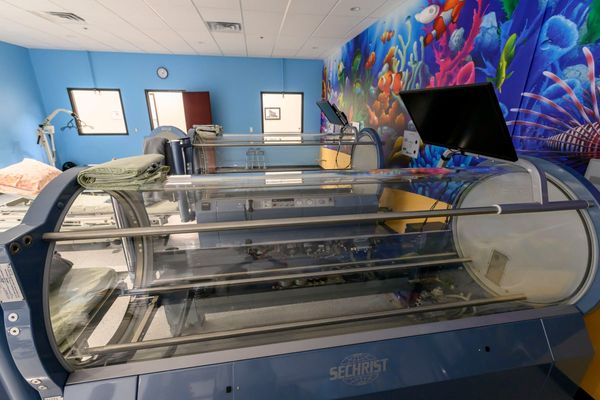The news feels like a cold shower for the many consumers who have been waiting many months to receive the vehicles they ordered.
As for those who have just placed orders for new vehicles, the news also renders the delivery schedules for their cars uncertain.
Ford Motor (F) has just said that the supply-chain problems hobbling many companies, but particularly vehicle manufacturers, are far from being resolved.
The covid-19 pandemic both prompted and worsened these difficulties. Societal lockdowns to contain the spread of the virus forced carmakers to halt operations at factories in certain regions. Semiconductor shortages forced them to suspend the production of certain models.
Russia's Feb. 24 invasion of Ukraine sent raw-materials prices soaring, which increased costs and sourcing difficult, particularly for electric vehicles. Both countries are suppliers of materials needed to produce EVs.
Missing Parts
The reopening of the various economies gave hope that the supply situation had begun to improve. Add to this: Comments about a decline in demand for semiconductors raised hopes that the lack of chips was history.
All this now seems like a mirage because Ford just said that the vehicles that it has partly manufactured currently numbers between 40,000 and 45,000. The Dearborn, Mich., giant adds that it will not be able to finish production on them by the third quarter's end because it does not have all the parts.
This means that the dealers who were supposed to receive these vehicles for sale in Q3 will not receive them on schedule. And for customers of these vehicles, the wait will continue.
"The supply shortages will result in a higher-than-planned number of 'vehicles on wheels' built but remaining in Ford's inventory awaiting needed parts, at the end of the third quarter," Ford said in a regulatory filing.
"The company believes that those vehicles - an anticipated 40,000 to 45,000 of them, largely high-margin trucks and SUVs - will be completed and sold to dealers during the fourth quarter."
According to industry sources, the missing parts are neither semiconductors nor other technological parts. Ford does not say which parts are missing and which models are affected.
Rising Costs
The company is not the only automaker still affected by supply-chain problems. Last July, General Motors (GM) warned that it had 95,000 vehicles in its inventories whose production was not completely finished due to a lack of components.
Ford also warned about the weakening economy and the impact of inflation, which is at its sharpest in 40 years.
Like FedEx (FDX), McDonald's (MCD) and General Electric (GE), the company fears that the economy will fall into recession while the Federal Reserve begins a two-day monetary meeting that should conclude with a new interest rate hike.
"Based on recent negotiations, inflation-related supplier costs during the third quarter will run about $1 billion higher than originally expected," the legacy carmaker warned.
In the long term, it is more than possible that the car manufacturer will decide to pass on this additional and unexpected cost increase to consumers in the form of higher vehicle prices.
In the short term, this will eat into profit at the company, which now anticipates third-quarter adjusted earnings before interest and taxes in the range of $1.4 billion to $1.7 billion. This is well below the $3.7 billion in adjusted EBIT Ford reported in the second quarter.
Ford will report its quarterly results on Oct. 26.







